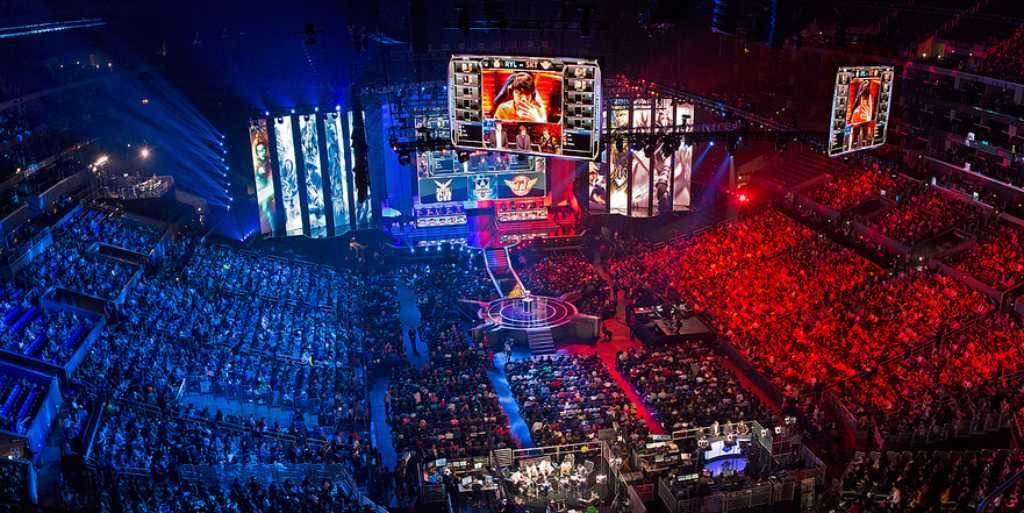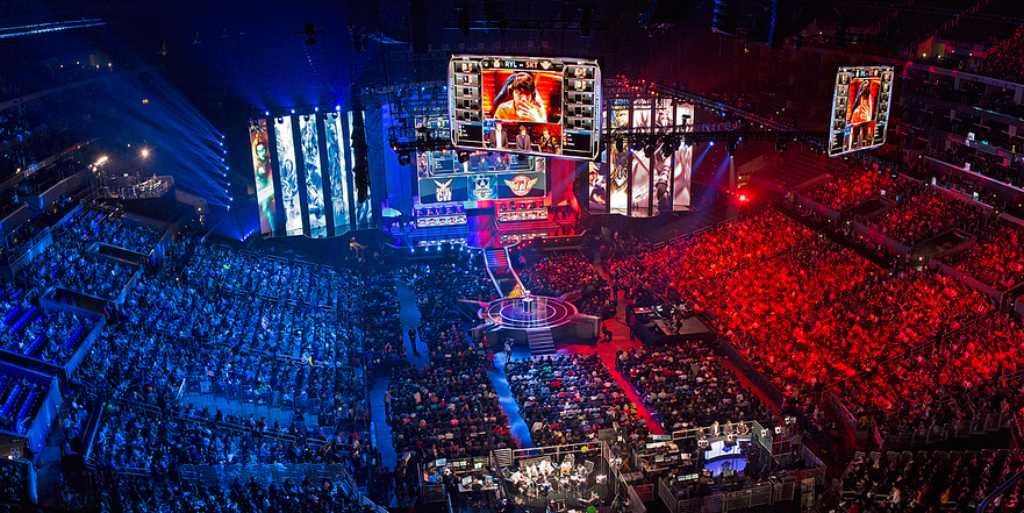Imagine a 20-year-old person from 1998 waking up from a coma right at the beginning of the 2020 pandemic. All that person knew about virtual sports were those new sports-related video games coming out on the Playstation and the PC. Other than that, our character has no idea what virtual sports are as of now and how they were influenced by the pandemic and multiple other factors. So let’s go through a short history of virtual sports and how they have transformed as a concept over the years.
Virtual Sports as a Concept
While what we know as virtual sports today might not be what a person from the 90s was expecting, the basic concept remains the same. You get a thorough simulation of a sports game (be it soccer, basketball, football, hockey, etc.) within the virtual world. How that match plays out and how the player interacts depends on what the developers had in mind at the time.
Popular franchises like FIFA, Madden NFL, or NHL have had so many video game iterations over the years that it’s absolutely insane. However, those are now seen as eSports at most. Virtual sports, at a basic level, remain today those games that people can wager money on and get a fair winning chance.

Virtual Sports in the iGaming World
When looking at virtual sports betting, it’s easy to see that the incentive is quite high. For a minimal fee, people can bet on their favorite virtual team and see if they have won or not. They don’t have to wait as they do for the end of a real match. They can skip right ahead and see the results.
Furthermore, it’s the next best thing to watching a football game on your TV. When the pandemic struck, that feeling was only so increased that this domain saw a major rise in profits. Using advanced algorithms, virtual sports are able to take real-world data and interpret it in such a way that despite the Random Number Generator algorithm it implements, it still gives out fair results based on the real players’ performance.
With that said, virtual sports really managed to fill in the blank left by the lack of real-world sporting events during the 2020 pandemic. While the profits generated by this venture weren’t enough to cover the loss that physical sportsbooks and casinos have suffered, it still had a huge impact on the industry as a whole.
eSports and Virtual Sports
As mentioned before, today virtual sports are regarded as the ones that you play in the iGaming world. Games that you actually play with a controller are considered either video games or eSports, but never virtual sports.
The difference between how people perceive these two terms is whether the game is competitive multiplayer or not. If a game offers a solely single-player experience, or a heavily scripted co-op one, then it is considered a video game.
On the other hand, if a game is purely competitive with a single team or a single player coming out victorious at the end of a match, then it is considered an eSport. Naturally, both virtual sports and eSports play a huge role within the gambling industry. We could no longer imagine a world in iGaming where these two wouldn’t exist.
The Bottom Line
Virtual sports have risen because of the lack of real sporting events during recent times, but also because they are a fun and convenient alternative for people to practice their betting skills and watch matches without other distractions in their way.
Nevertheless, we’re curious to see what your thoughts are on this subject matter. With that said, we are awaiting your comments down below about this topic. Feel free to also share it with your friends and invite them to the discussion as well. Everyone contributing to this website’s comment section is valuable because we can all learn something new from each other.







